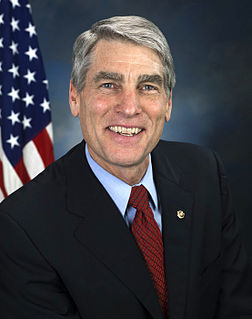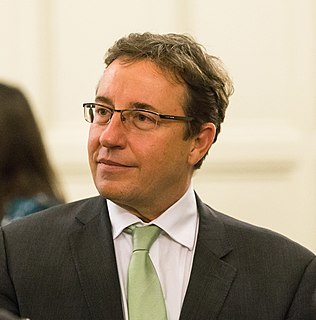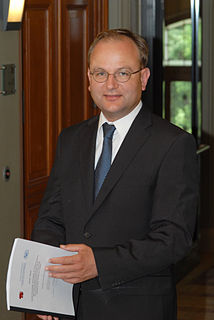A Quote by Mark Udall
We really don't have a policy [on climate change]. There's a lot of rhetoric and not a lot of action.
Related Quotes
As a consumer, I love action movies and have a lot of opinions about how action comedies don't really do justice to what I find exciting about an action movie, which is the genuine thrill of watching something that feels really high-stakes. A lot of times, it's played for laughs and action, which waters down the sense of danger.
With Climate Change as a Security Risk, WBGU has compiled a flagship report on an issue that quite rightly is rising rapidly up the international political agenda. The authors pull no punches on the likelihood of increasing tensions and conflicts in a climatically constrained world and spotlight places where possible conflicts may flare up in the 21st century unless climate change is checked. The report makes it clear that climate policy is preventative security policy.
We now know that climate action does not require economic sacrifice. This is fully in line with the World Bank Group's findings. It is up to all of us to make smart policy choices that will help combat climate change. For example, putting a price on carbon is a necessary step and could drive resources and investments to a cleaner economy.
If we return abruptly to a Miocene-like climate, it's reasonable to think that we would experience a lot of extinctions, and maybe even a mass extinction in the long term. Would the life on Earth be radically different? Of course we can't say for sure, but I think a lot of it would look familiar. Like a lot of people, I worry a lot about whether marine mammals would survive, especially whales. Ocean acidification is one of the major killers in climate change events, and that makes the ocean a very inhospitable place.
I do have huge pressure in terms of making my animation, because a lot of audiences and producers are expecting me to make films with a lot of action. They all know that I'm very good at action scenes, but I tend to not use many, so they're all frustrated with me. But I do that intentionally. Yes, if I do a movie with a bunch of action, it's going to be a lot more successful than the types of movies I'm making right now. The producers often say, "Instead of using all these philosophical phrases, why don't you change this into an action scene?" But I intend to continue to make these movies.
Despite the international scientific community's consensus on climate change, a small number of critics continue to deny that climate change exists or that humans are causing it. Widely known as climate change "skeptics" or "deniers," these individuals are generally not climate scientists and do not debate the science with the climate scientists.


































